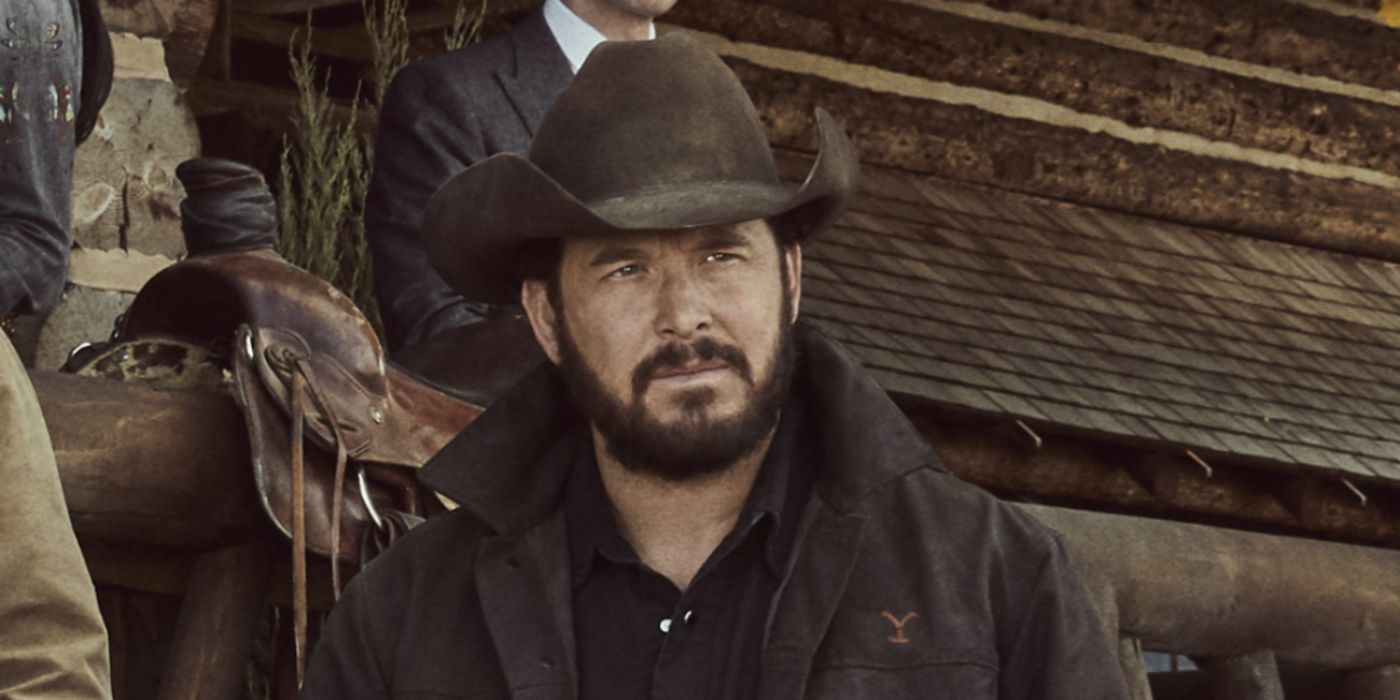Yellowstone has sparked a fierce debate over the true nature of its characters, especially Rip Wheeler. Some fans see him as a hero, while others believe he’s the perfect example of how complex and even flawed we are as people. As viewers dive into the Dutton family saga, the question remains: Is Rip truly a man to admire, or does his violent past overshadow any heroic qualities?
Yellowstone has become more than just a TV show. It’s sparked a deep philosophical debate about family, morality, and the characters who shape the landscape of modern television. Rip Wheeler, played by Cole Hauser, has undoubtedly become a fan favorite. But the latest discussions surrounding his character have made it clear: not everyone sees him as the hero the show portrays.

Chris Coats, a viewer nearing his 53rd birthday, shared his mixed feelings on a Yellowstone meme that depicted Rip as the quiet, wise man who grows deeper as he ages. “I turn 53 in 17 days, and I’ve felt this for several years now,” Chris confessed. He explained how he developed a healthy disdain for social media, despite still engaging with it. But what caught many fans’ attention was his take on Rip Wheeler. Chris described Rip as a “murdering bully” who, no matter how the show depicts him as a stand-up anti-hero, is still a flawed and violent man. His disillusionment with Rip‘s character led to him quitting the show after season 2.
Chris’s comment sparked a wave of reactions, some agreeing and others fiercely defending the character. Wentworth Kindred responded bluntly, “This guy doesn’t have a clue.” For many, Rip’s ruthlessness and violent actions are part of what makes him intriguing, even if he’s not the traditional “hero.”
Meanwhile, others like Sharon Ney argued that these imperfections are what shape us into who we are. “Life is actually about learning who U are,” she wrote, suggesting that Rip’s actions and flaws are part of the growth process, both for him and for viewers.
But not everyone shared these deep reflections. Bobby Reynolds simply noted how strange it is that people take advice from fictional characters, pointing out the irony of fans looking to a man like Rip for life lessons. On the flip side, Debra Matthews found the post “inspiring” and acknowledged the wisdom that comes with age and reflection.
The debate touches on a larger issue that Yellowstone has sparked: what do we really seek in our heroes? Is it the pure, morally unblemished individual? Or do we admire the complexities, contradictions, and rough edges that make someone like Rip so compelling?
The show offers a microcosm of the way we handle conflicting emotions and character flaws in real life. Fans aren’t just watching a Western drama—they’re confronting their own beliefs about heroism, justice, and what it means to be “good.” As Rip Wheeler stands as the central figure in this discussion, his character embodies the difficult balance between redemption and guilt, love and violence.
So, what does this all mean for fans moving forward? Will Rip’s actions continue to inspire, or will they serve as a cautionary tale of what happens when we put all our faith in morally gray characters?
As Yellowstone continues to push the boundaries of storytelling, viewers are left questioning not just the characters, but themselves.
Is Rip Wheeler the hero we thought he was? Or are we all just seeing what we want to see in his complex character?